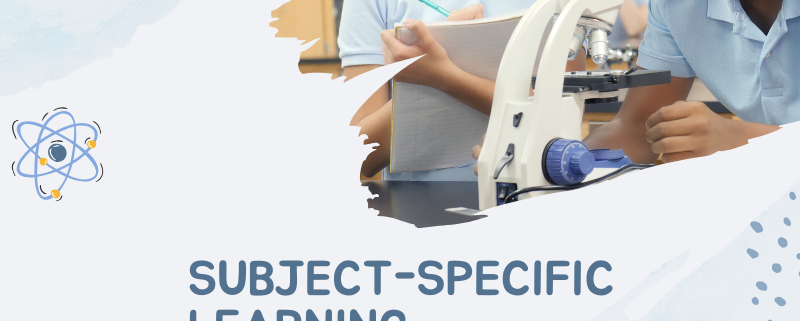Learning Strategies for Science
Learning Strategies for Science: Enhancing Understanding and Curiosity
Science is a subject that encourages curiosity, critical thinking, and a deeper understanding of the world around us. However, many students find science challenging due to its complex concepts and the need for analytical thinking. With effective learning strategies, students can overcome these challenges, making science both accessible and enjoyable. Here are some key strategies to help students excel in science, tailored to different learning styles and needs.
1. Active Engagement with Concepts
Science is best learned through active engagement. This means going beyond reading textbooks to actually interacting with the material. Encourage students to participate in hands-on experiments, demonstrations, and simulations. By seeing concepts in action, students can better grasp abstract ideas and retain information longer. For example, building a simple circuit can make the principles of electricity more tangible and understandable.
2. Utilize Visual and Multimodal Learning
Visual aids such as diagrams, models, and videos are crucial in helping students visualize complex scientific concepts. For instance, a 3D model of a cell or a video on the water cycle can provide a clearer understanding than text alone. Incorporating different modes of learning—auditory, visual, and kinesthetic—ensures that students engage with the content in multiple ways, reinforcing their understanding.
3. Develop Strong Note-Taking Skills
Effective note-taking is essential in science education. Encourage students to use techniques such as Cornell Notes or mind mapping to organize information logically. These methods help break down complex topics into manageable parts, making it easier to study and review later. Highlighting key concepts, drawing diagrams, and summarizing information in their own words can also aid in retention and comprehension. See: Effective Note Taking.
4. Relate Science to Everyday Life
One of the best ways to make science interesting and relevant is by relating it to everyday life. Discuss how scientific principles apply to real-world situations, such as the chemistry behind cooking, the physics of sports, or the biology of human health. When students see the connection between what they learn in class and the world around them, they are more likely to engage with the material and appreciate its value.
5. Encourage Inquiry-Based Learning
Inquiry-based learning is a student-centered approach that encourages students to ask questions, conduct investigations, and find answers on their own. This method mirrors the scientific process and fosters critical thinking and problem-solving skills. Teachers and tutors can guide students by providing questions that stimulate curiosity and exploration, such as “What causes rainbows to form?” or “How do plants grow in different environments?”
6. Practice Problem-Solving and Application
Science often involves problem-solving and applying concepts to new situations. Encourage students to practice these skills by working on a variety of problems, from textbook exercises to real-world case studies. For example, understanding the principles of force and motion can be reinforced through problem-solving activities like predicting the outcome of a car crash scenario or designing a simple machine.
7. Utilize Technology and Online Resources
There are numerous online resources and tools available to support science learning. Interactive simulations, virtual labs, and educational videos can enhance understanding and make learning more engaging. Websites like Khan Academy, PhET Interactive Simulations, and NASA’s learning resources offer a wealth of materials that cater to different learning levels and interests.
8. Collaborative Learning and Discussion
Science is often best understood through discussion and collaboration. Encourage students to work in groups, participate in study sessions, or engage in discussions with peers or tutors. Explaining concepts to others can reinforce their understanding, and collaborative learning can expose them to different perspectives and ideas.
Takeaways
Science is a dynamic and exciting subject that, with the right strategies, can be mastered by any student. By actively engaging with concepts, using visual aids, practicing problem-solving, and relating science to everyday life, students can enhance their understanding and develop a genuine curiosity for the subject. For those who need additional support, academic tutoring provides personalized guidance tailored to each student’s needs, helping them overcome challenges and achieve success. With these strategies, students can not only improve their science skills but also cultivate a lifelong interest in exploring the world around them.
Consider hiring an expert science tutor at Hodis Learning & Music. Our staff has experience tutoring K-12 and college students in biology, chemistry, physics, environmental science, and more. Learn more by calling us or submitting a message on our website today!



